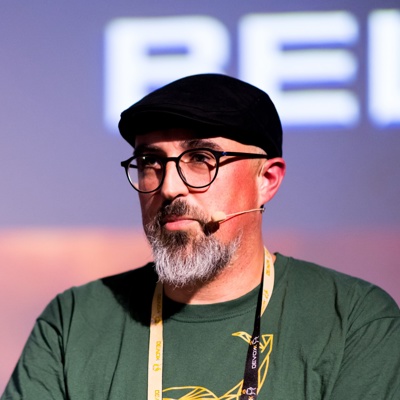Session
Reducing Legacy Code's Carbon Footprint with AI
Reducing the Carbon Footprint of Legacy Code with AI
Is there anything worse than a nasty bug? Yes: inefficient legacy code. Not only does its maintenance terrify us, but it also consumes ever more resources and increases our carbon footprint. What if AI came to the rescue? How can it help us migrate an old legacy project to a more energy-efficient technology?
We will explore two approaches:
- converting source code written in an energy-hungry language into a more performant one
- identifying, measuring, and optimizing the “hotspots” of an existing project
Finally, we will assess whether the effort is worthwhile: did we actually save more energy with our optimized code than the amount consumed by the AI to achieve it?
Get ready to discover how AI can transform your legacy into code that is both more performant and more environmentally friendly.

Olivier Bierlaire
founder @rebase.green and @Carbonifer
Nantes, France
Links
Please note that Sessionize is not responsible for the accuracy or validity of the data provided by speakers. If you suspect this profile to be fake or spam, please let us know.
Jump to top